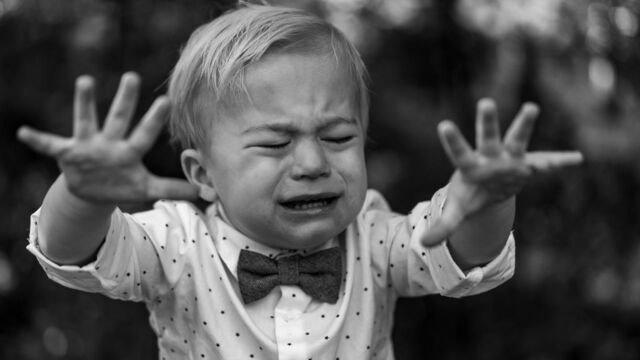Physical discipline has long been used as a form of punishment that parents have employed to 'straighten out' their offspring, but experts now say that this might have irreversible psychological effects that could alter their brain development.
Discover our latest podcast
A form of abuse
Although corporal punishment might still be legal in 130 countries, including Wales, England and Northern Ireland under the pretence of 'reasonable punishment' the new study conducted by Harvard University, researchers think it should be outlawed.
The research involved looking into the brains of 147 children aged between 10 and 11 by showing images of different actors making either fearful or neutral faces while a scanner mapped their brain activity. The purpose of the test was to observe if a child's brain reacted to the faces shown in different ways in an attempt to weed out those who were subject to physical punishment in their own homes and those who weren't.
Results founds that children who suffered from this type of discipline had greater neutral activity in the prefrontal cortex, which is the area of the brain that reacts to threat cues. Senior researcher on the study, Professor Katie A McLaughlin explained that:
On average, across the entire sample, fearful faces elicited greater activation than neutral faces in many regions throughout the brain...and children who were spanked demonstrated greater activation in multiple regions of PFC to fearful relative to neutral faces than children who were never spanked.
And added:
There were no regions of the brain where activation to fearful relative to neutral faces differed between children who were abused and children who were spanked.
Finding different ways of disciplining
Ultimately, the research's findings, which have since been published in theSociety for Research in Child Development Journal concluded that a correlation between spanking and mental health issues like anxiety and depression, behavioural problems and substance abuse disorders is highly present.
Now, the NSPCC, a UK-based children's charity, says that the antiquated practice should be abolished altogether:
There is clear evidence that physical punishment damages children's wellbeing and is linked to poorer outcomes in childhood and adulthood. We would encourage parents to use alternative methods to teach their children the differences between right and wrong, with a positive parenting approach such as setting clear and consistent boundaries.















